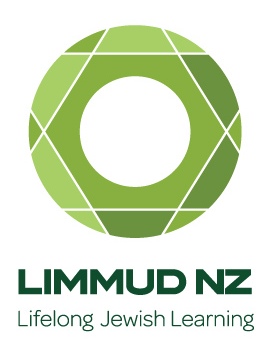President Joe Biden spoke Wednesday with his Israeli counterpart Benjamin Netanyahu, ending what had been a lengthy stretch without a call after Biden took office.
The period without communication had raised questions about what was behind the delay, though the White House insisted the two men had a strong relationship and that Biden was simply calling leaders in other regions before arriving at the Middle East.”
It was a good conversation,” Biden told reporters in the Oval Office shortly after the call ended, without elaborating.
In a post on Twitter, Netanyahu said he had spoken with Biden for roughly an hour in “friendly and warm” terms, affirming the US-Israel alliance and discussing issues related to Iran, regional diplomacy and the coronavirus pandemic.














